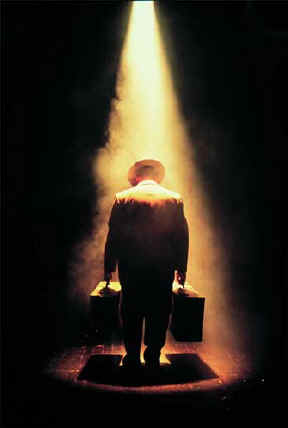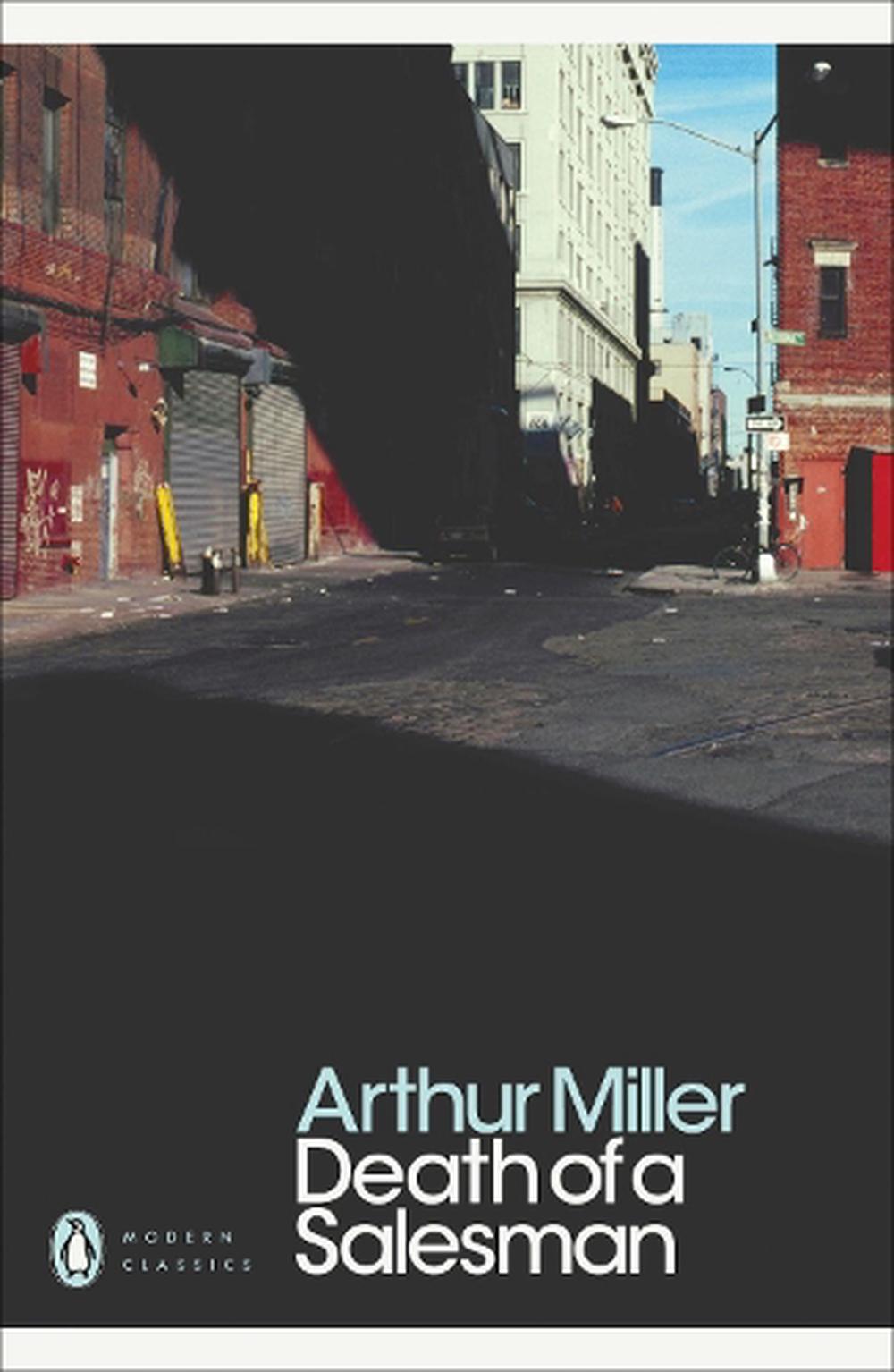

Willy has always been a firm believer in the American dream but as he is coming to the end of his working life and the dream still elusive he is getting more and more depressed. On top of all else he is losing his mind and contemplating suicide. He is finding it difficult to pay the household bills.

He is down and out, fired from his job because he can no longer make the sales his boss wants him to. But now all those years of playing hard and not working at all, have caught up on Biff. Willy seems to have forgotten that throughout high school he was egging Biff on to play sport and leave the studying for later. Willy is cajoling Biff to make something of himself. While Biff has been at it, for several years now his younger brother Happy is much more settled, managing a business venture, living comfortably in his flat surrounded by luxuries.

That car crash wasn't an accident, the witnesses had suggested.īiff, the elder brother, a high school dropout and former jock has been trying to "find himself" - at least that's how his kindly mother puts it. Linda has already noticed his irregular patterns and increasing madness – along with several failed suicide attempts. When he regains sanity Willy speaks anxiously to Linda (his wife) about his worry that he has lost control of the car more than once, and tends to drift off and forget to drive. Willy's children, Biff and Happy, are in their early thirties, and staying the night at their parents' when Willy arrives home from work, tired and hallucinating, in a happy little dream world of his own. Loman's mental health has slowly been deteriorating, as time has passed, and when we meet Willy, he is living in a parallel world at times, completely unaware of his surroundings. For him, anything is possible, if you work hard enough - he is almost childlike in his wishfulness, confident that one day, his "lucky break" will come. Willy Loman is a hardworking shoe salesman, in his late sixties, living in Boston during the 1940s and a firm believer in the American Dream.

I have to say despite that reservation, the poignancy of the story still remains. He did tell me that this play had been written in happier times and perhaps not for the recession we seem to be mired in these days. I hadn't read many plays before this one – actually only a couple of scripts really, for school drama - so my father gave me this one I didn't know what to expect.


 0 kommentar(er)
0 kommentar(er)
